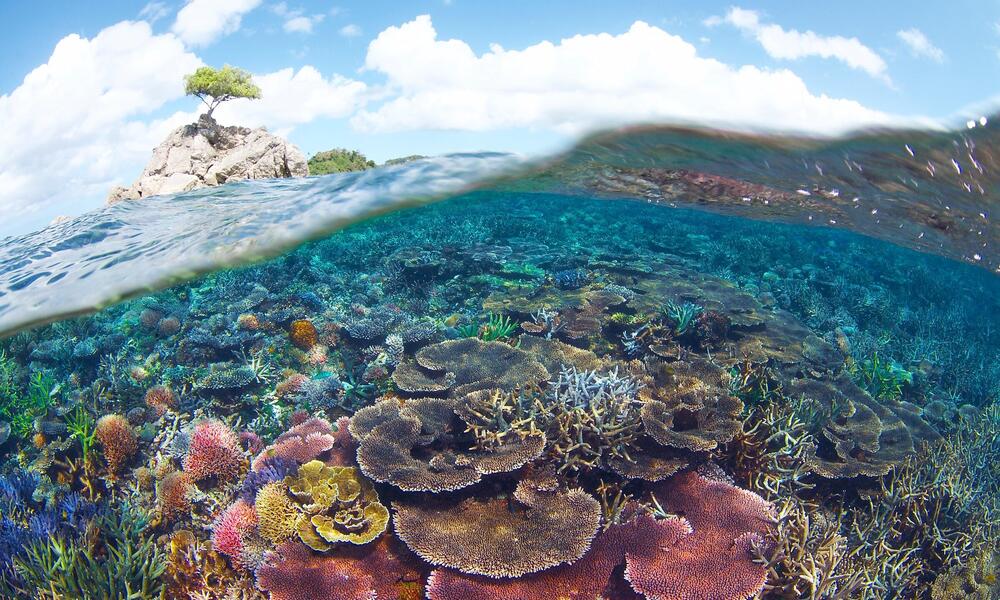Losing coral reefs isn’t just a problem in coastal communities—it is a global issue. The entire world must take action to give reefs a chance because the challenge is far too great for any single group to go it alone.
In the summer of 2019 I joined a group of 80 scientists to publish a paper
that identified the best strategies for saving reefs in an age of a rapidly warming climate. Protecting those coral reefs that have been exposed to less intense climate disturbances while recovering those reefs that are likely to function again is a smart way to deploy limited resources. At the same time, in those regions where coral reefs cannot be protected or recovered, we must help local communities shift away from jobs and economies that depend on reefs.
WWF has taken an integrated approach to ensure intact, connected coastal ecosystems are protected and restored, and coastal communities are benefitting from equitable and effective management as well as the sustainable harvest of marine resources. We’ve focused our efforts locally in places like Indonesia, the Northern Mozambique Channel, and the Mesoamerican Reef, and at the same time helped form a global coalition of organizations working on an initiative called Coral Reef Rescue, designed to provide the resources and political will to support communities in saving key regenerative reefs.
Last year I traveled to Indonesia, coastal east Africa and Madagascar, and in every community, I encountered a drive to do whatever it takes to protect coral reefs, as well as mangroves, and the benefits they provide. Now we need to match that local energy with a global movement.
We can save coral reefs but we only have about 10 years left to do it. This year we need to focus our efforts and work harder than ever before.
Learn more about what you can do to help save the ocean and all the life that depends on it.
